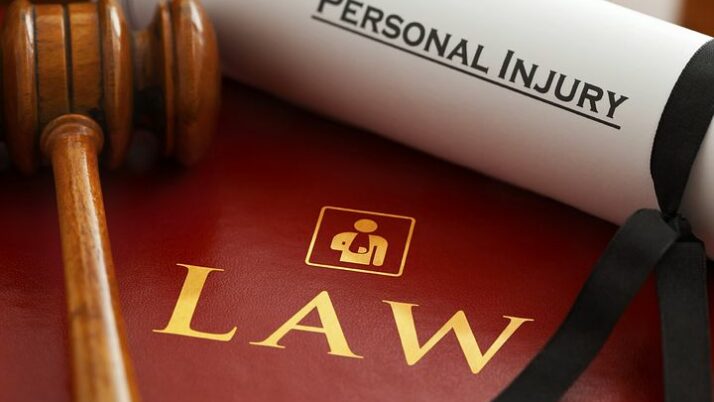
Future planning: Do I need a Will?
Many people never take the time to make a formal Will. “Intestate” refers to a person who passes without making a Will. His or her assets will be divided according to Massachusetts intestacy laws.
There are several ways you can plan for the future without a will. If you and your spouse own a home jointly, the surviving spouse will assume title upon your passing. The same will happen for any jointly held bank accounts.
It is also a good idea to check any retirement accounts, life insurance or pensions to make sure that you have named a beneficiary to be payable “upon your death.” Let your beneficiary know that he or she has been named, and provide them with a copy of any necessary documents to make the process easier during what will already be a difficult time.
The assets that remain would be considered during Probate. This includes your personal property, any valuables, business interests, cash on hand or in a non-joint bank account and real estate held solely in your name.
These assets make up your estate. Your estate will be divided according to Massachusetts intestacy laws. The general rule is that your legal spouse is the first in line, then children, then closest family members – parents, siblings, cousins in that order.
These rules get very complicated if you have been divorced, have minor children, have children with a person that you never legally married, have re-married with a blended family of children.
If you choose to make a Will, you will have the ability to plan for the future. You can name specific bequests to people in your life. You can make sure that your family knows what you wish to happen with your life’s belongings and property.
As you can see, each person’s situation is unique; and therefore, your future plan should fit your unique situation. Vargo Law is happy to give you a free consultation to discuss your future planning needs.




